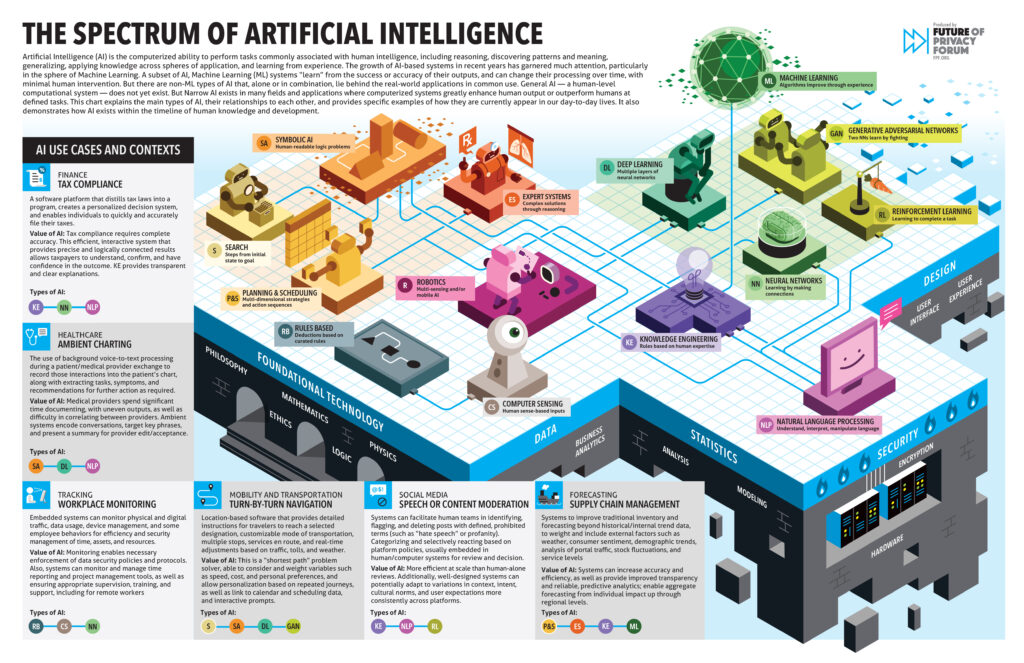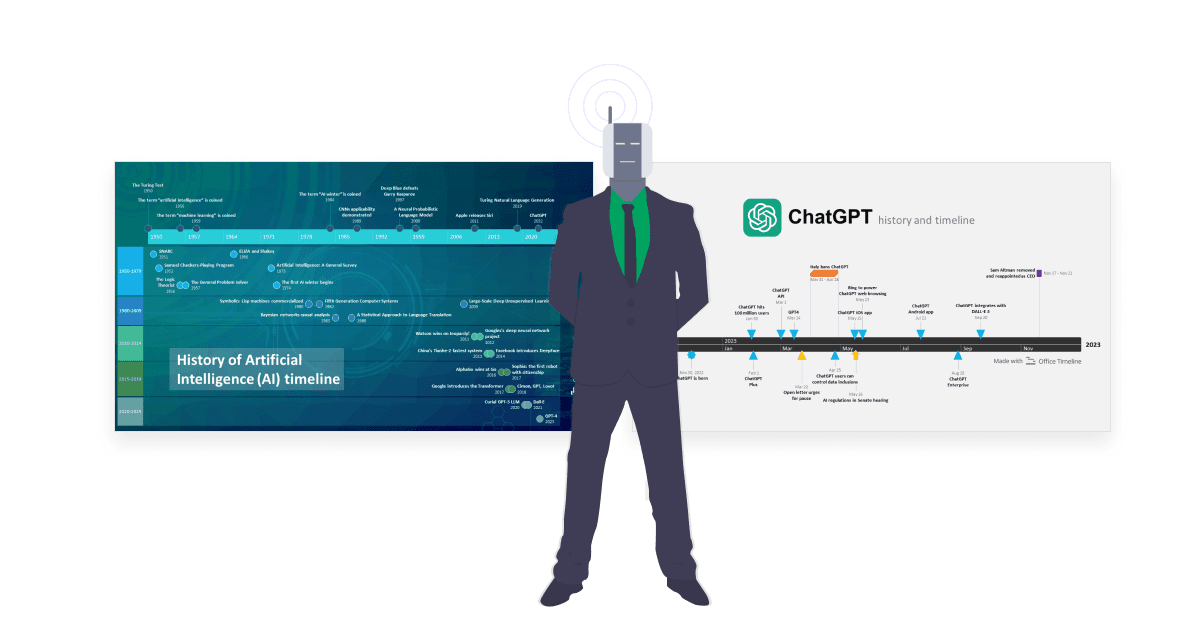Uncover the evolution of artificial intelligence from its beginnings, current advancements, and potential future possibilities in this comprehensive exploration.
Table of Contents
Artificial Intelligence, commonly referred to as AI, has been a topic of fascination and curiosity for decades. From its humble beginnings to its current applications and potential future implications, AI has the power to transform industries and societies in ways we couldn’t have imagined before.
Introduction to Artificial Intelligence
Artificial Intelligence, as defined by experts, is the simulation of human intelligence processes by machines, especially computer systems. By leveraging algorithms and data, AI systems can mimic cognitive functions such as learning, problem-solving, decision-making, and language understanding.
Historical Context of AI
The roots of AI can be traced back to the 1950s when the term was first introduced by computer scientist John McCarthy. Over the years, significant milestones have been achieved in the field of AI, including the development of neural networks, machine learning, and deep learning.
Current Applications of AI
AI has already made significant strides in various industries, including healthcare, finance, transportation, and entertainment. In healthcare, AI has been used for diagnosing diseases, predicting patient outcomes, and developing personalized treatment plans. In finance, AI algorithms analyze market trends, detect fraud, and optimize investments.

Image courtesy of fpf.org via Google Images
Benefits of AI
The implementation of AI technology offers numerous benefits, including increased efficiency, improved decision-making, and automation of repetitive tasks. In the business sector, AI-driven solutions can enhance productivity, streamline operations, and drive innovation.
Challenges in Implementing AI
Despite its potential benefits, implementing AI poses challenges such as data privacy concerns, lack of transparency, and bias in AI algorithms. Ensuring that AI systems operate ethically and responsibly requires ongoing efforts from policymakers, researchers, and industry stakeholders.

Image courtesy of www.officetimeline.com via Google Images
Ethical Concerns in AI
As AI technology continues to advance, ethical concerns have emerged regarding job displacement, autonomous weapons, and the broader societal impact of AI. It is crucial to address these concerns proactively to ensure that AI development aligns with moral and ethical standards.
Future Direction of AI
The future of AI holds promise for further advancements in technology and potential applications in various industries. As AI continues to evolve, it is essential to explore the possibilities and implications of AI-driven solutions on a global scale.

Image courtesy of www.linkedin.com via Google Images
Can Skynet Happen?
The concept of Skynet, popularized in the Terminator movie franchise, involves a rogue AI system taking control and threatening humanity. While the idea of a dystopian future driven by AI may seem far-fetched, it is crucial to consider potential risks and take preventive measures to ensure the responsible development of AI.
Case Studies of AI Gone Wrong
Throughout history, there have been instances where AI technologies have failed or resulted in unintended consequences. By examining these case studies, we can learn valuable lessons about the importance of ethical considerations, transparency, and accountability in AI development.

Image courtesy of www.analyticssteps.com via Google Images
Conclusion and Call to Action
As we navigate the evolving landscape of AI technology, it is essential to remain informed, engaged, and proactive in shaping the future of AI. By understanding the history, current applications, benefits, challenges, and ethical concerns surrounding AI, we can work towards a future where AI serves as a force for good, driving innovation, progress, and positive societal impact.



Comments